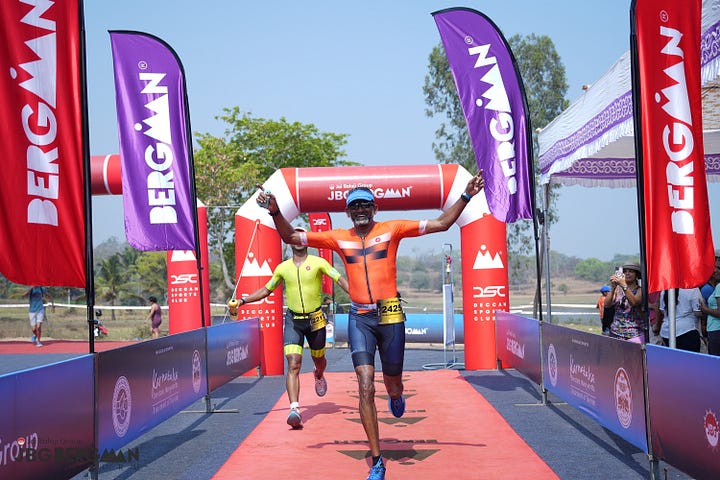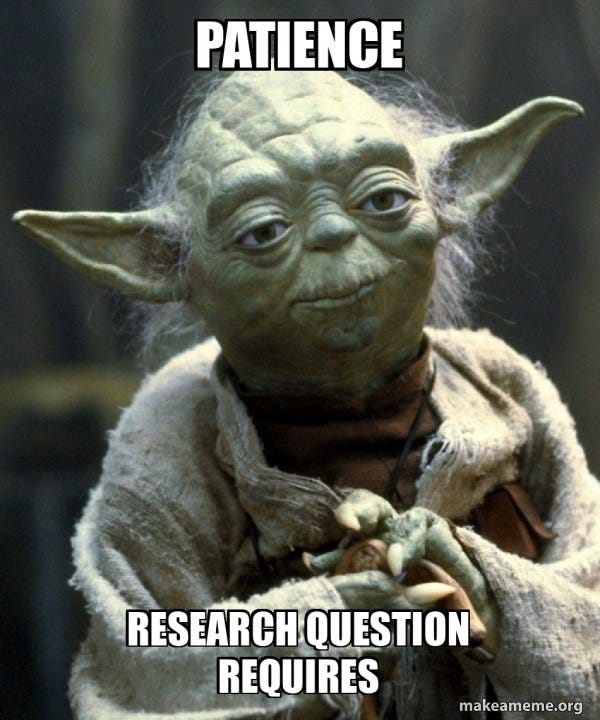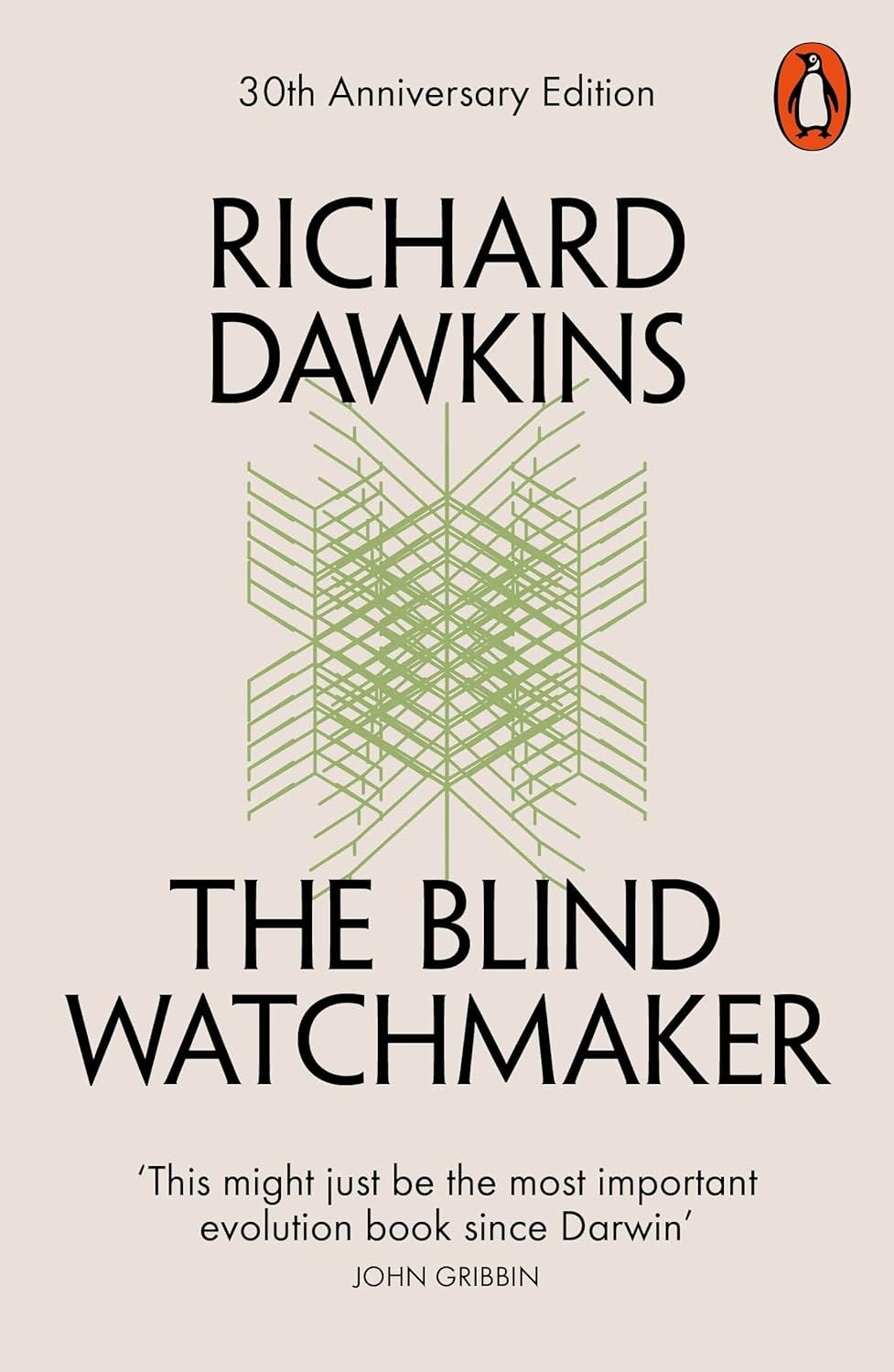Three months into this new phase of life, it has been busy and heady. I laid out a broad roadmap for how the next few years will pan out, and the going’s been largely on track. Much of my time has been spent on making progress on my research dissertation. Since I have not discussed much about what I am working on, I might as well share more details this month. My research focus brings together my interests in consumer businesses and technology, two things that I have spent almost all of my corporate career on. Specifically, I am examining consumer behavior on various technology platforms, including Apple iOS, Google Android, Microsoft, Meta, and others, to gain a deeper understanding of what motivates consumers to engage with these ecosystems and what distinguishes successful platforms from those that struggle. I spent significant effort analyzing all the raw input data from my qualitative interviews, extracting codes, analyzing patterns and themes, and evolving a new theory to explain this behavior. Big thanks to my professors who formed my dissertation committee, who have been extremely helpful in showing me the mirror of what more can be done. The process, the joy, and the learning come from the hard path and attention to detail. Researching is a tough and lonely job, but I am sure the outcome will make the effort worthwhile, hopefully. At least one has memes for company 😁
On the health and fitness side, it continues to be a busy schedule with the training build-up to the Ironman 70.3 event in May. Training for a triathlon teaches one a few things about dealing with challenges in life - leave the actual triathlon event aside; in the process of training for it, you face adversity, challenging workouts, motivational low points, the worry of whether you are actually making progress or not, and the variety of dealing with different things across days and such. Still, perhaps these aspects that go beyond the ordinary humdrum of life attract me to it. In March, I participated in the Bergman Mysuru Triathlon as a tune-up to my main race. Had a solid all-round performance with a strong finish in hot weather. One of those moments where your performance validates the effort and enhances self-belief.




Given the focus on research and training, I did not get much reading done this month. However, I did start digging into The Blind Watchmaker by Richard Dawkins, a book about natural selection, on how the process is non-random and unguided. Small gradual changes, which play out over a substantial period of time filtered through the impact on survival and reproduction, can create the illusion of purposeful design and the evolution of all living beings, including a species of mammals called Homo sapiens. It's fascinating thus far; I love how it simplifies science in an easy-to-grasp language. But then again, the book challenges notions of ‘The Creator’ and the inherent plan and design of everything around us and hence will have its naysayers. As for me, I am happy reading and understanding perspectives.
Outside of these, I continue digging into the rapidly evolving way of Artificial Intelligence (AI)—I learned to get Claude to generate code and run it to help my research efforts. I spent some time thinking about the implications of AI on the nature of work and the industries and roles that can be impacted, more specifically, the Indian IT/ITeS sector, which could pose significant risks to our longer-term arc of economic growth. This train is coming towards us; tough times may be ahead unless we solve this at a larger level and scale by focusing on social security. It is chilling to view this from the perspective of how the current state of AI may be in its very early days; think of it like the 8086 processor in the 1980s and how far we have come; what if AI is at the x86 processor stage and the big exponential growth is still to come?
Even with everything going on, it’s hard to ignore what’s happening in the economy—both in India and around the world. A BBC article making the rounds recently shed light on why private investment in India remains weak, despite solid fundamentals like public spending, low inflation, and healthier corporate balance sheets.
The problem? Structural issues—policy uncertainty, regulatory hurdles, weak contract enforcement, and low investor confidence. India’s private capital stock is still among the lowest in emerging markets, and FDI share is slipping. The IMF says bold reforms—like improving credit access and liberalizing trade—could unlock over ₹26 trillion in private investment over the next three years.
To spark demand, the government has cut income taxes, hoping people will spend more and boost business confidence. At the same time, India is diversifying trade relationships beyond the U.S., aiming to build a more resilient growth path through domestic consumption, structural reforms, and global supply chain integration.
Meanwhile, the U.S. faces rising trade tensions. New tariffs could push inflation up, forcing the Fed to hike rates. But if they hold back on rate hikes to protect growth, inflation risks rising further. It’s a tricky balance—what economists call the “Open Economy Trilemma.” The U.S. can’t have protectionism, low rates, and a strong dollar all at once.
Bottom line: Economic turbulence may be ahead. The fundamentals are still sound, but the global system is under pressure. Seatbelts on.
To wrap things up, here’s my recommendation for this month - ‘How I use LLMs’ by Andrej Karpathy (an AI researcher and engineer and former director of AI at Tesla who also worked at OpenAI). A fantastic walkthrough of how he uses LLMs and tools in his daily workflow in writing, coding, and problem-solving. Watch the video. You might gain some insight into how to use AI tools like ChatGPT, Claude, Gemini, Grok, and others more smartly and efficiently.
So that’s March 2025, onwards to the new financial year and beyond 🚀







Wow!!! How many days you have in your month? 🫣
Absolutely fantastic and inspiring to see how many things you are able to achieve in a month. Salute to your discipline as always. Hats Off 🫡